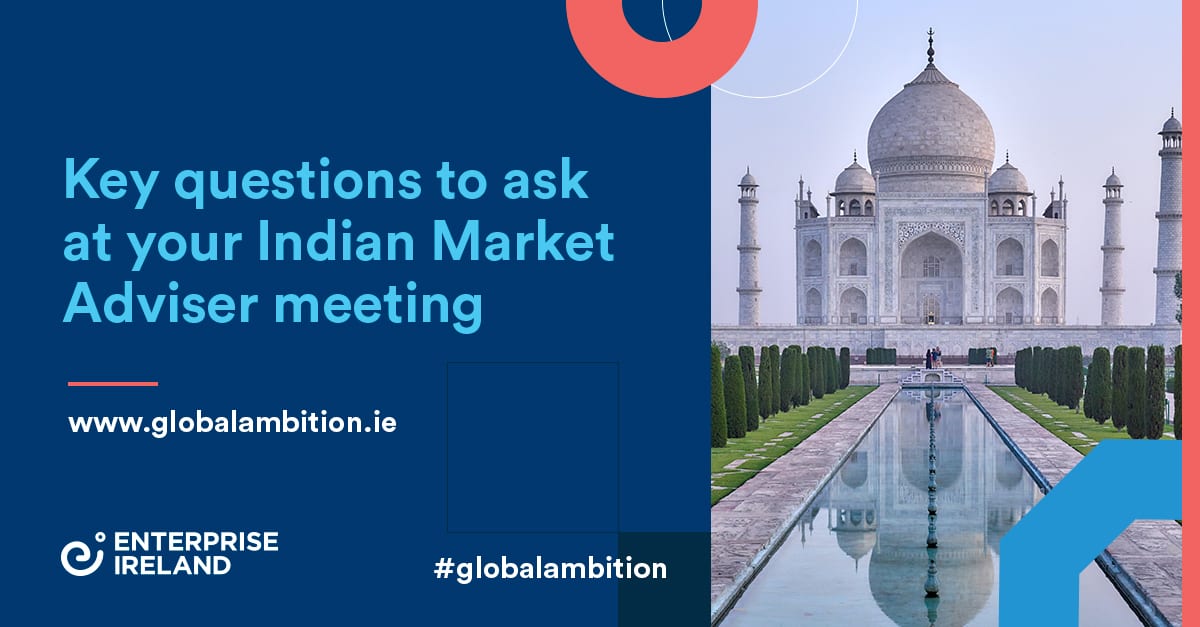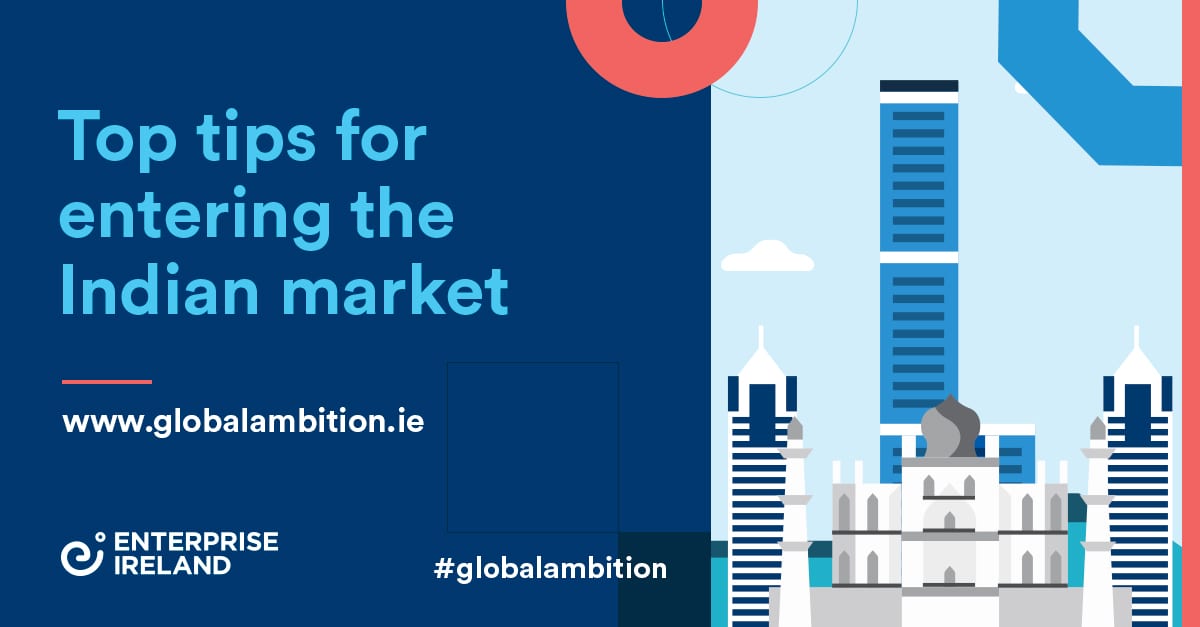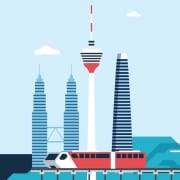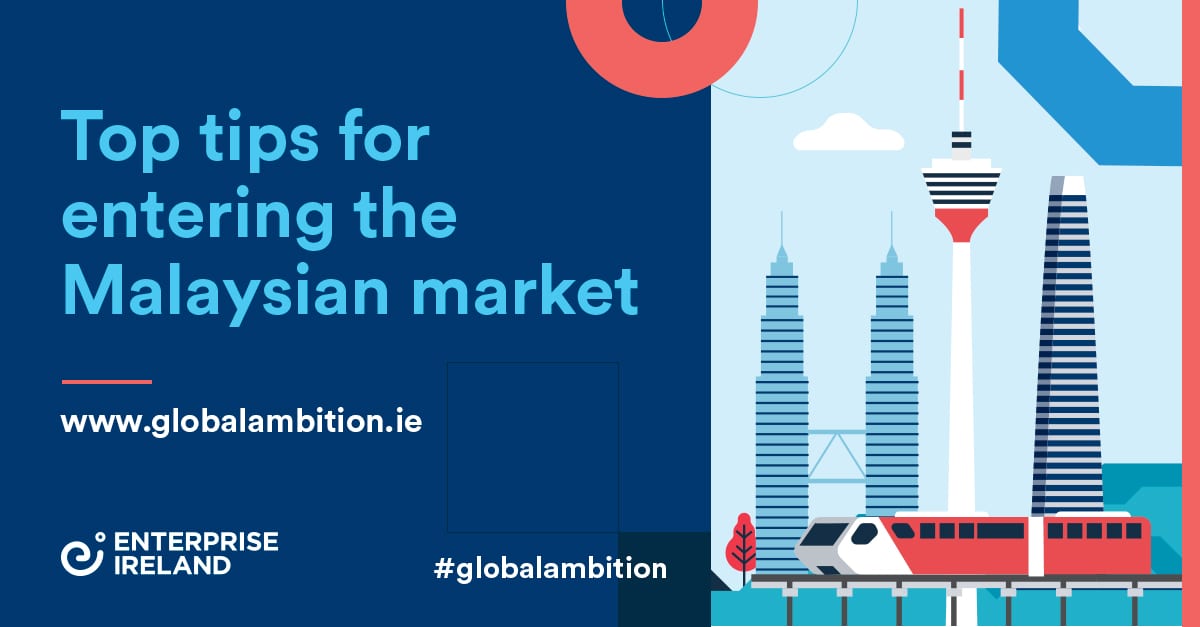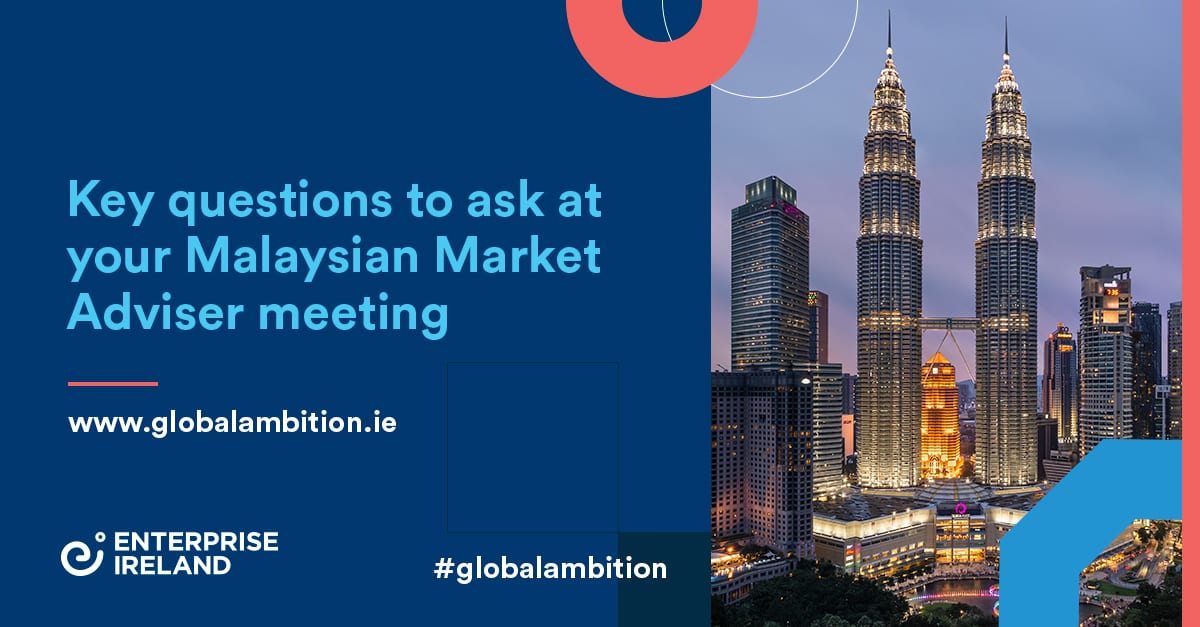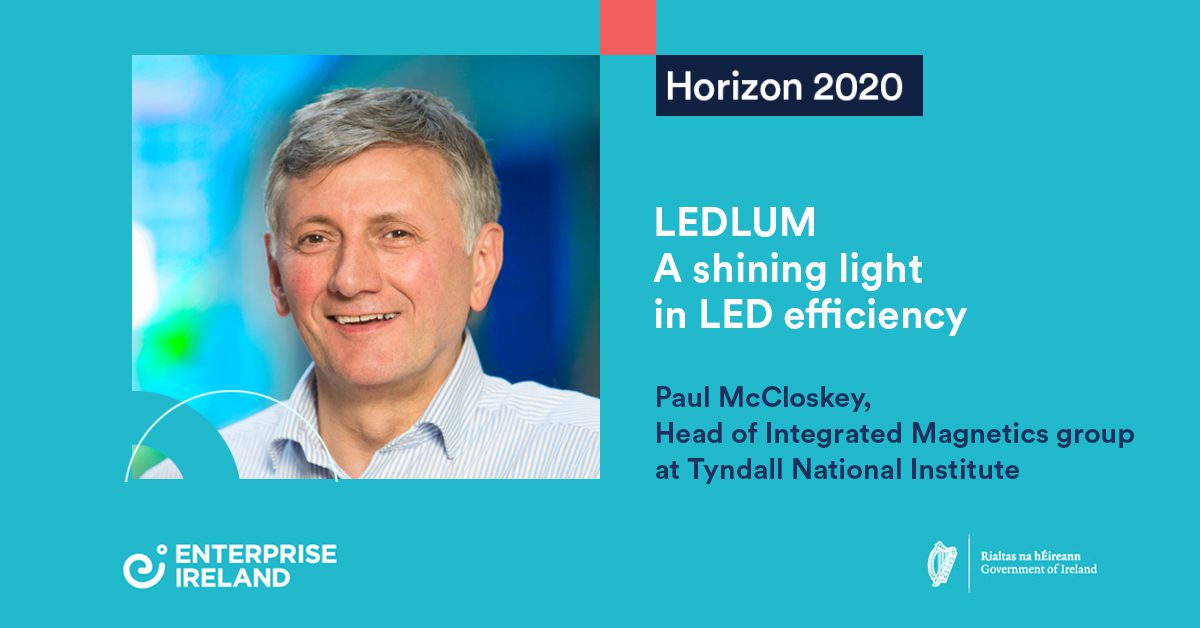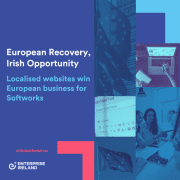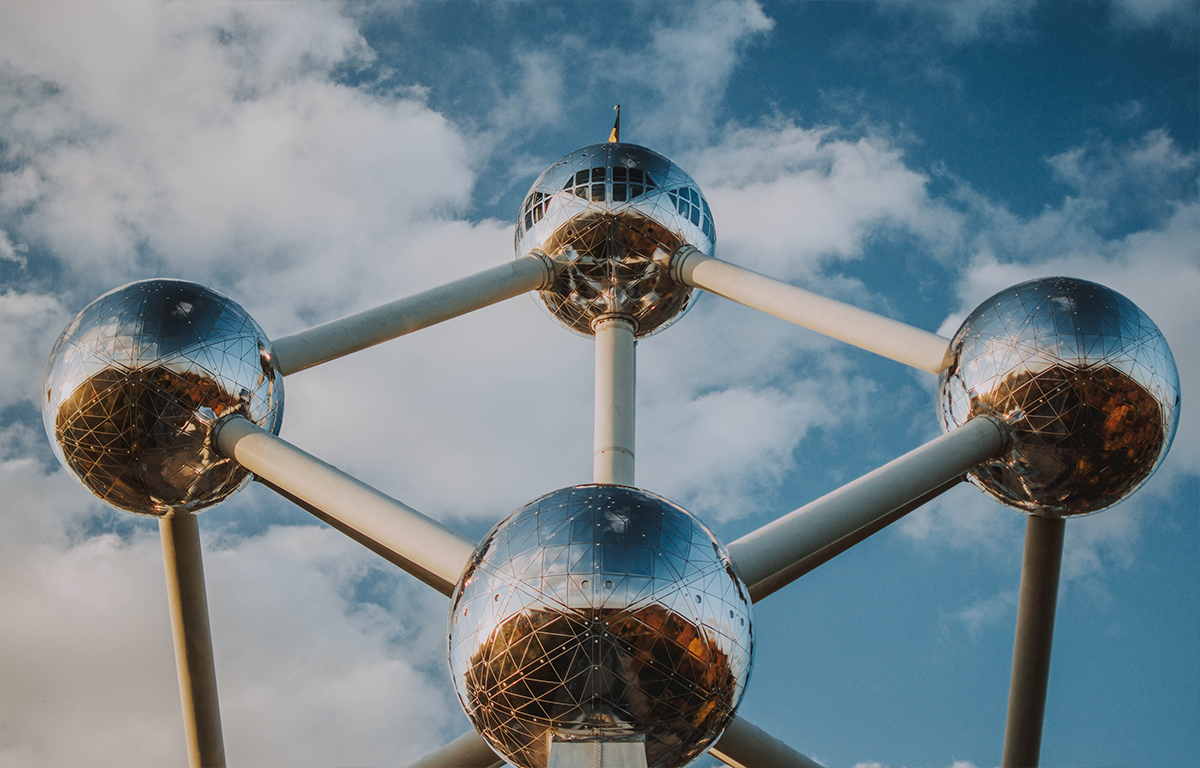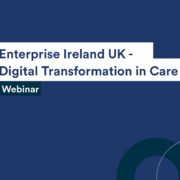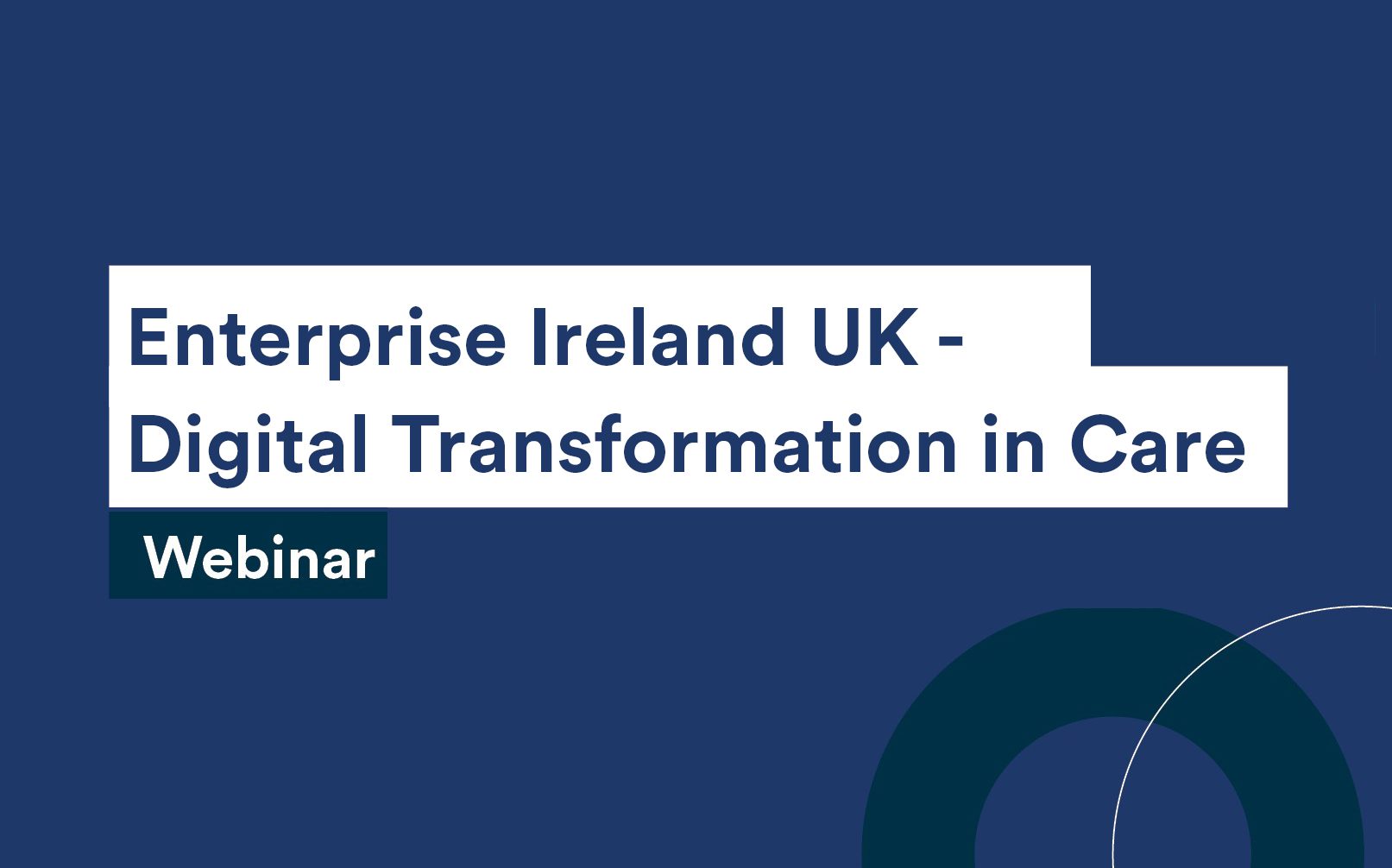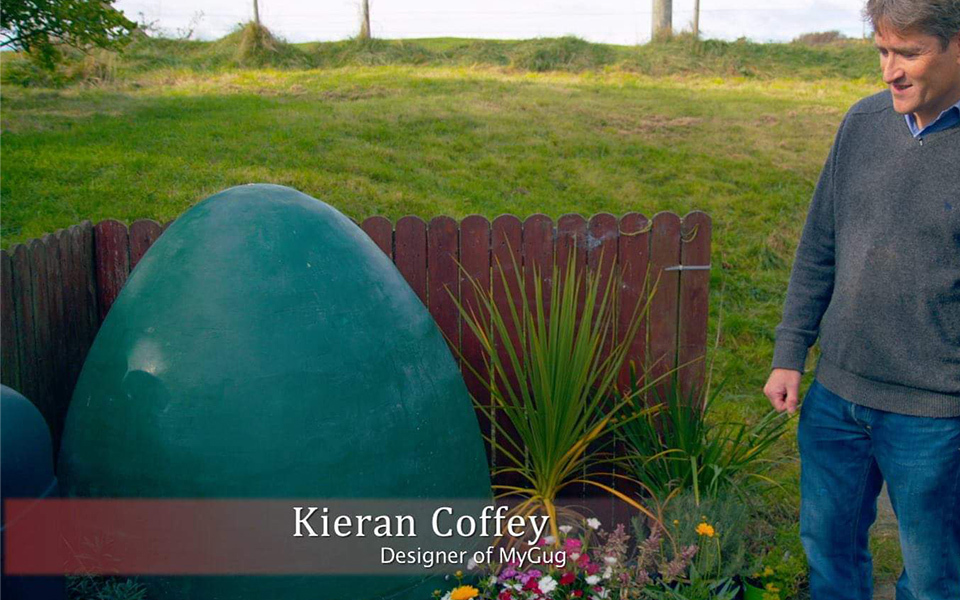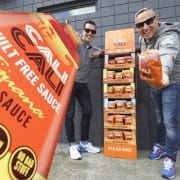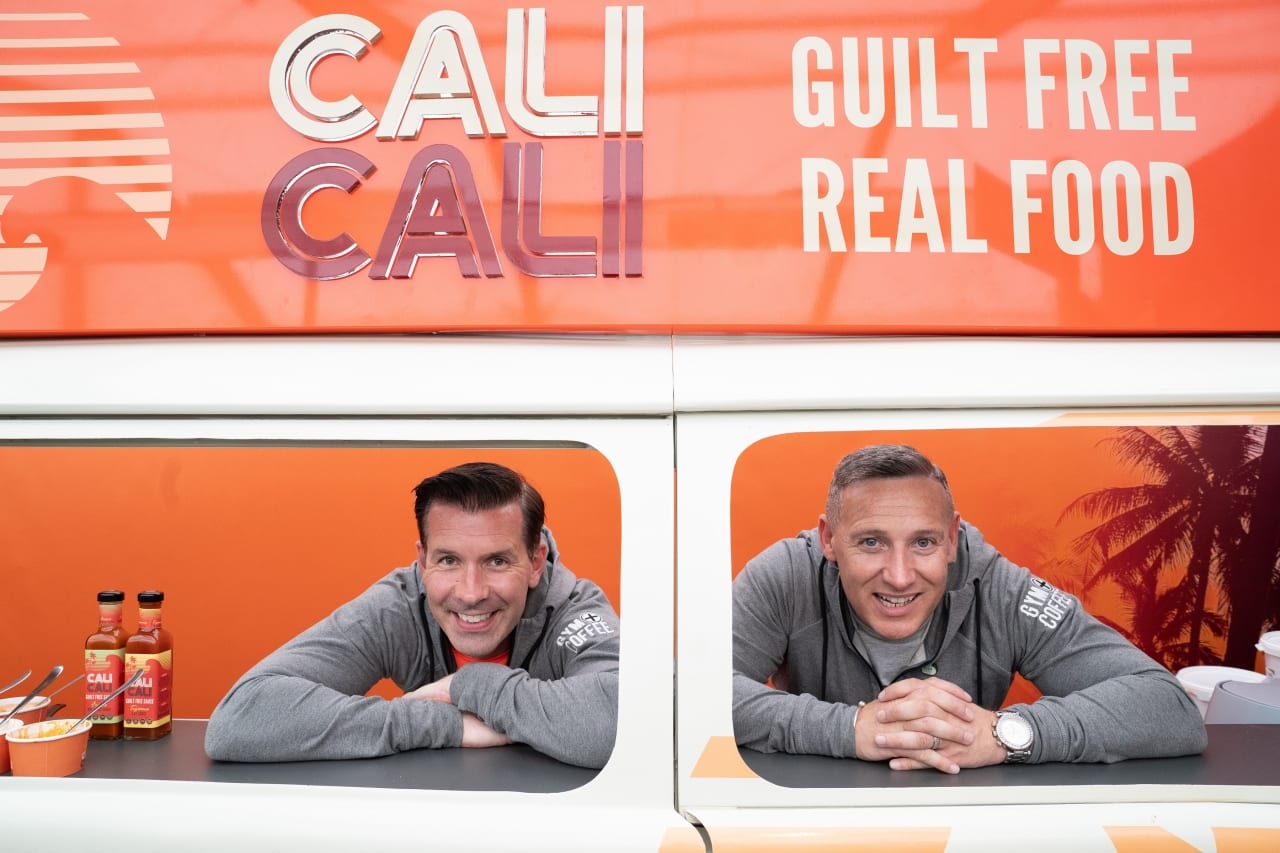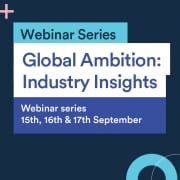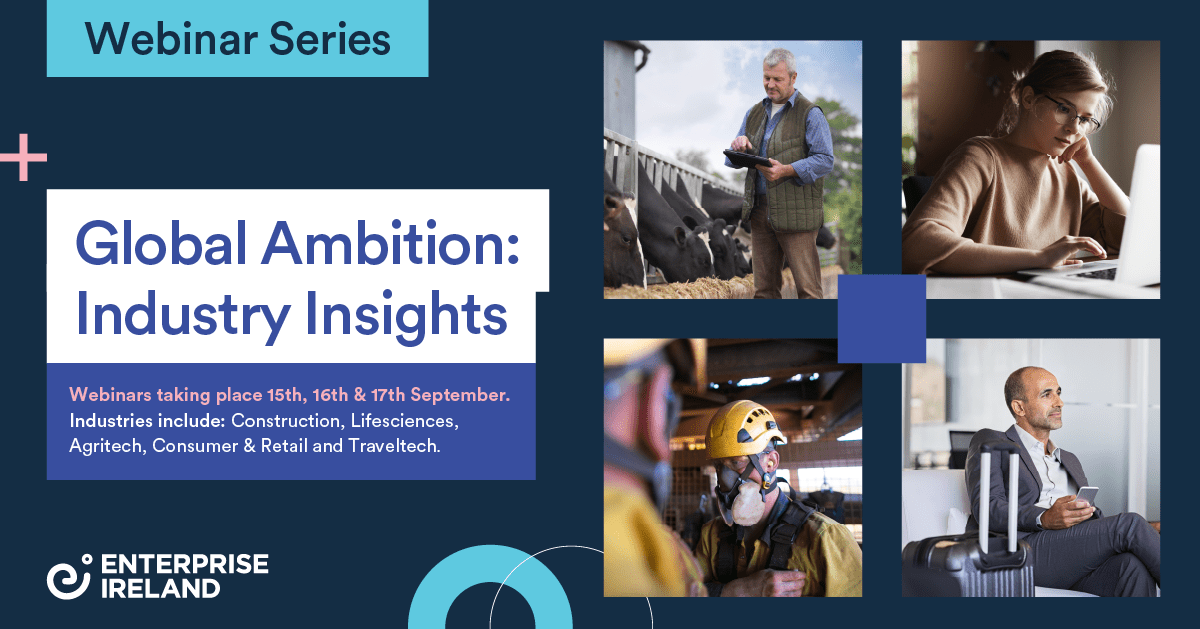Having invested in an extensive localisation project as part of scaling its business to Germany and Italy, Softworks now sees almost all its Italian market leads and half of its German market leads come through its localised websites for those markets.
The European single market meant expanding to some Eurozone countries made absolute sense for the Irish workforce management solutions company Softworks.
“From a business strategy perspective, we knew that if we wanted to successfully grow the business, we needed to explore new markets,” says Mairead Walsh, Chief Marketing Officer at Softworks. “Doing business is easy in Europe for Irish companies as there are no barriers, one currency and we have lots in common with our European friends.”
In business since 1990, Softworks caters to clients across multiple industries, including healthcare, manufacturing, retail and the public sector. Having won a large contract in Germany and with a talented Italian employee who wanted to move home, the company narrowed its expansion focus to Germany and Italy.
Initial support from Enterprise Ireland
To put structure on its plans, the company applied for Enterprise Ireland’s Market Discovery Fund, which supports companies to undertake market research and develop viable, sustainable market entry strategies.
With this funding, it was able to conduct market research, understand customer needs, review competitors, examine routes to market and identify stakeholders. Local Enterprise Ireland advisors in Germany and Italy also provided support and insights and made valuable local introductions.
Rapid need for content localisation
Having hired in-market sales people in those markets, Softworks quickly realised its marketing team would need to develop localised websites to feed leads to the sales team. “There were no in-market events as it was during the pandemic,” recalls Walsh. “Digital was the only way and therefore the most important thing we could do was localise our website.”
Even though Softworks prioritised some content and left other parts to be localised later, it still needed about 20,000 words localised.
“The first challenge is finding someone who can cater to your needs, budget, and timelines,” says Walsh. “Localisation goes beyond simply translating text. You need to adapt your website in a way that takes into account cultural differences as well as language. It also has to be properly set up and optimised for search engine optimisation (SEO) so people can find you.”
Having secured quotes from six companies, Softworks chose Cork-based TWI to handle the localisation project.
Following best practices for localisation
Before any localisation project starts, explains Sinead Healy, Director of Language Services at TWI, she and her team take time to understand the customer’s technical web infrastructure and needs. This includes what platform it’s built on, any technical or security restrictions that apply and whether or not the customer wants a whole new website for each country or some localised material on an existing site.
With that stage complete, TWI started the project at Softworks by building a glossary of key industry terminology translating about 20,000 words of Softworks web copy.
At the same time, it worked on localising SEO for Softworks. “You can have a lovely website, but if no one sees it, it’s not serving you,” says Healy. “SEO is crucial to get your site under the noses of the people you want to see it. We take the customer’s initial seed list of keywords for the English market and adapt them for the target market.
“We’re not just translating them. We really try to speak the language of potential customers in the market. The translation of an English keyword by a free online tool may have no relation to the actual term people are using to search in Germany or Italy.”
Native speaker review crucial to success
Once the content was translated and the SEO work complete, TWI supported Softworks with implementing the localised content in its content management system. Before the German and Italian sites went live, they needed to go through a final stage – an in-context review.
“For in-context review, we ask native-speaking translators to go through the website with the eyes of the customer to make sure everything makes sense and is displaying correctly,” explains Healy.
“Typically, we use in-country linguists because language evolves. A translator who is no longer living in the country may not keep up with contemporary usage and the latest industry buzzwords.”
As Softworks already employed native speakers, it opted to call on them to help with the in-context review to help keep costs down. “We were lucky to have local people from Germany and Italy already working for us,” says Walsh. “While TWI did the heavy lifting, our own team ensured that the website made sense from a local perspective.
The TWI project also included training Softworks’ web lead on the basics of maintaining the different language versions of the website, so the German and Italian sites would remain updated.
A huge volume of leads through localised sites
Softworks now generates 95% of Italian market leads and 50% of German market leads through its localised websites. “If we hadn’t done this project,” said Walsh, “we would have been sitting there with nothing to offer our sales team.
“We got great advice from Enterprise Ireland on trade shows and publications to target, so now that everything is open again, at least half our leads can be through our website, with the rest coming through other marketing programmes we do.”
“We are also currently localising our website for the Spanish market, so our market expansion journey continues!” she adds.
Top localisation tips from TWI
- Know your target audience: Before starting, consider the needs, interests, and values of the target audience. This will help you make informed decisions about the tone, style, and terminology you use.
- Consider cultural differences: Website translation goes beyond language translation. Take into account cultural differences, such as local customs, traditions, and laws, as well as currency display, date formats and payment preferences.
- Maintain consistency: Make sure the terminology, tone, and style used in your translated content reflect+ the language of your target customers. This helps to build a strong brand identity and enhance the user experience.
- Make sure your website is seen: To gain traction on the global stage, your translated website must perform well in local language searches. Choosing the right domain and SEO keywords maximises the visibility of your translated website and boosts your ranking in local search engine results.
- Partner with professional translators: It’s always best to use professional translators who are native speakers. They understand cultural nuances and can accurately convey the meaning and tone of the original content.


